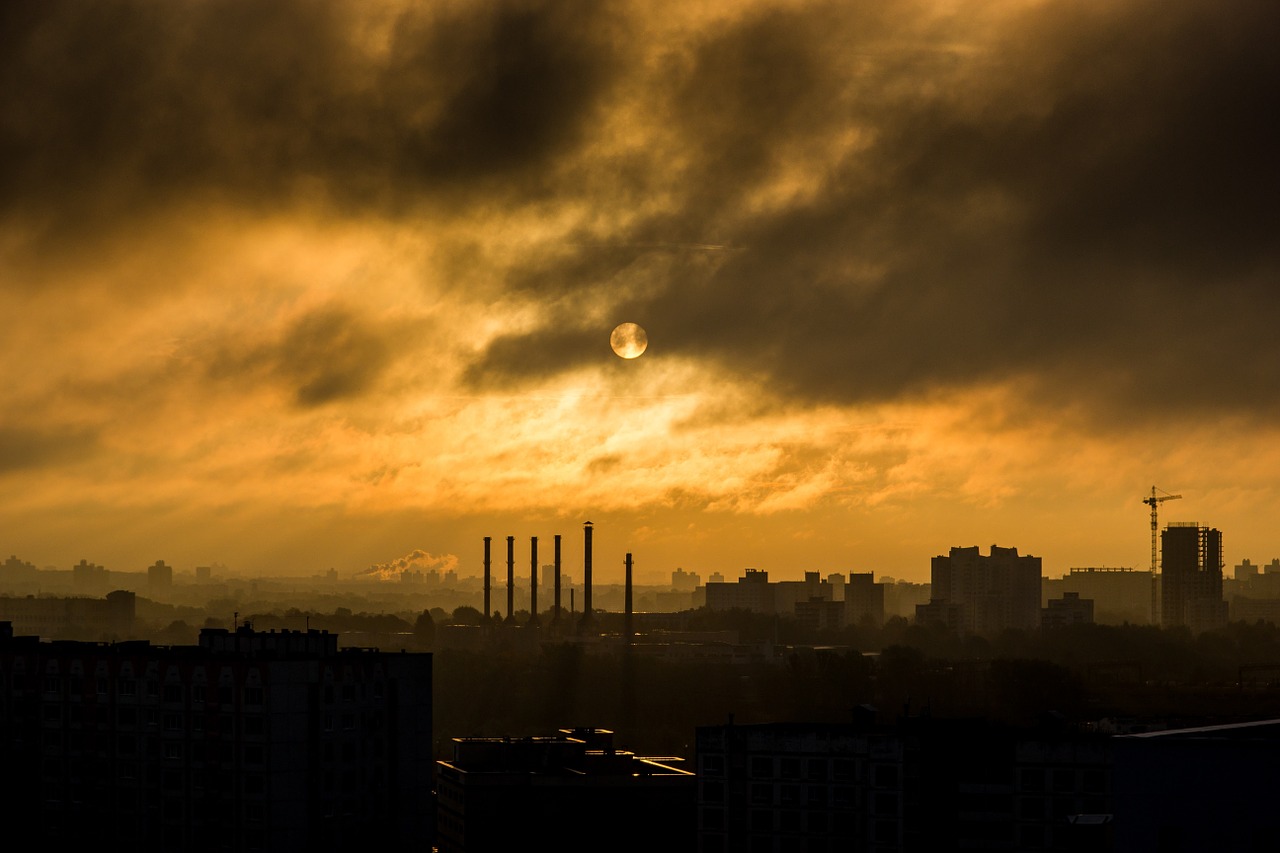Save the Planet: Stop Having Kids?

By:
A new study published in Environmental Research Letters is causing a major ruckus. The thesis of the study is that if you want to fight climate change, it might be best to have fewer children, as a widely cited Guardian article noted. However, many are saying this is the wrong way to look at the problem of global warming.
The study claims each new child has a carbon footprint by 58 tons of carbon dioxide per year; by not having one, an adult reduces their potential carbon footprint by that amount.
"Having children is one of the most destructive things you can do to the environment," read an Independent headline. And headlines like that spurred a reaction. "Stop Telling People Not to Have Kids to Save the Planet," read a take on Motherboard.
Sheril Kirshenbaum, executive director of ScienceDebate, wrote an article for The Atlantic in 2014 that countered this argument. She argued that wasting resources is a major problem, but having fewer children doesn't necessarily fix it. "The world is getting increasingly crowded, but a bustling planet is not necessarily doomed," Kirshenbaum wrote. "What matters most is how those billions of people choose to live."
Kirshenbaum told ATTN: that fertility rates are already declining globally, except in Southeast Asia and sub-saharan Africa, where the average person's carbon footprint is much smaller. It's true that people in the U.S. have larger carbon footprints than people in most other countries, but to have a meaningful and lasting impact on climate change, we shouldn't be advising people not to have children. Rather, we should be focusing on increasing energy efficiency, reducing food waste, and living more sustainably overall.
For example, 68 percent of greenhouse gases produced to make electricity in the United States come from burning coal. Everyone's carbon footprint would fall significantly if we switched from coal to renewable energies like solar or wind.
"Just saying 'don't have kids' doesn't address the core issues of climate change," Kirshenbaum said.
 Pixabay - pixabay.com
Pixabay - pixabay.com
If we really want to responsibly address population growth, however, we need to talk about empowering women around the world. "There's a lot of data to back up that all around the world, when women are educated and have more choices about their own lives, they have fewer children as well," Kirshenbaum said. Accordingly, she argued, we should focus on things like providing health care to women in developing countries, educating them and giving them access to birth control.
That is, rather than lecture inviduals to have children in order to save the planet, we should enable more people to prevent pregnancies they already don't want.
Ironically, Kirshenbaum said people not having kids could be harmful in the fight against climate change. "The folks who have kids are a lot more likely to be adopting strategies to mitigate climate change personally," she said.
